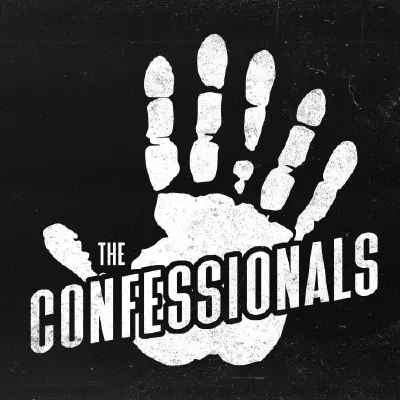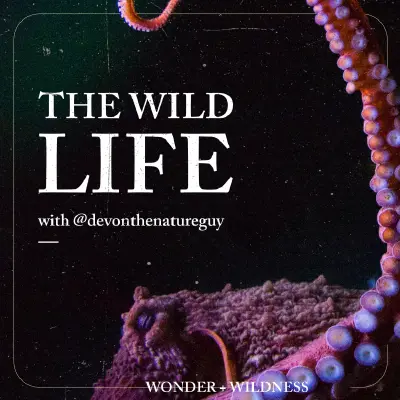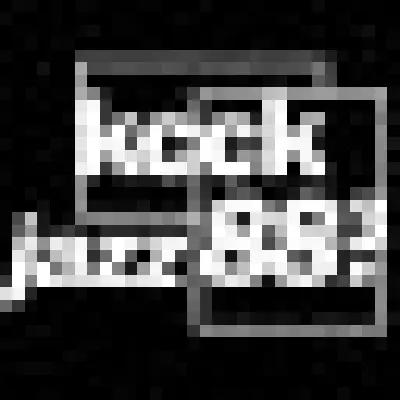Podcasts about Natural Sciences
Episodes about Natural Sciences
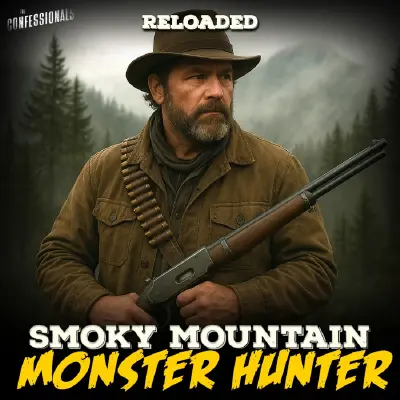
In Episode 560: Smoky Mountain Monster Hunter, we are joined by Brian Jeffery from Black Mass Paranormal. He is a local legend hunter as he was born and raised in the foothills of the Smoky Mountains. He has heard all the stories growing up and has also had his share of close encounters with the beasts that roam these hills. He comes to the studio to talk about his paranormal investigations and cryptid-hunting adventures such as hunting for the dogman and catching a bigfoot on thermal. We talk about it all on this episode of The Confessionals.
Please pray for Tony's wife, Lindsay, as she battles breast cancer. Your prayers make a difference!
If you’re able, consider helping the Merkel family with medical expenses by donating to Lindsay’s GoFundMe: https://gofund.me/b8f76890
Become a member for ad-free listening, extra shows, and exclusive access to our social media app: theconfessionalspodcast.com/join
The Confessionals Social Network App:
Apple Store: https://apple.co/3UxhPrh
Google Play: https://bit.ly/43mk8kZ
Get your ticket for the NEW documentary premiering July 27, 2025 @ 8PM EST: "The Meadow Project"
Ticket link HERE: moment.co/themeadowproject
My New YouTube Channel
Merkel IRL: @merkelIRL
My First Sermon: Unseen Battles
Sasquatch and The Missing Man: merkelfilms.com
Merkel Media Apparel: merkmerch.com
SPONSORS
SIMPLISAFE TODAY: simplisafe.com/confessionals
GHOSTBED: GhostBed.com/tony
CONNECT WITH US
Website: www.theconfessionalspodcast.com
Email: contact@theconfessionalspodcast.com
MAILING ADDRESS:
Merkel Media
257 N. Calderwood St., #301
Alcoa, TN 37701
SOCIAL MEDIA
Subscribe to our YouTube: https://bit.ly/2TlREaI
Reddit: https://www.reddit.com/r/theconfessionals/
Discord: https://discord.gg/KDn4D2uw7h
Show Instagram: theconfessionalspodcast
Tony's Instagram: tonymerkelofficial
Facebook: www.facebook.com/TheConfessionalsPodcas
Twitter: @TConfessionals
Tony's Twitter: @tony_merkel
Produced by: @jack_theproducer
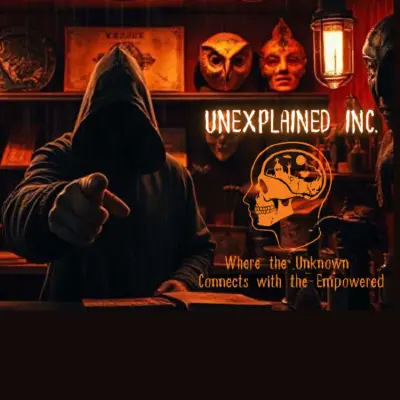
Jul 12, 2025
Consciousness Cafe #13: Kundalini Yoga & Neuro-Feedback Healing w/ Shannon Thompson
Unexplained Inc. ❭
Like Phantom Phil...Shannon Thompson is a fellow practitioner at the Lavender Lane Wellness Centre in Waterloo, ON, Canada.You can book with her through here:https://lavenderlaneptw.ca/shannon/You can learn more about her services at her own website:https://shannonmariersw.ca/pages/about-meIn this chat they discuss Kundalini yoga...the benefits of neuro-feedback...which is incredibly healing for the brain and body...the soul blueprint reading...which is similar to astrology and human design...and do we really carry past life traumas into the current lifetime we are born into? Don't believe in these? Think again as Phil shares personal testimony on some of these services and they are changing the health and wellness game as we speak!Connect with Unexplained Inc. here:https://www.unexplainedinc.com/Watch this episode on Rumble, here:https://rumble.com/v6vbegt-consciousness-cafe-13-kundalini-and-neuro-feedback-w-shannon-thompson.html
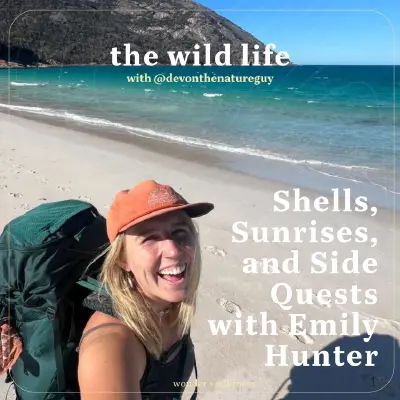
What happens when you follow curiosity wherever it leads?In this episode of The Wild Life, I’m joined by Emily Hunter—a passionate environmental science educator, interpretation specialist, bushwalk guide, and nature communicator currently living and working along Australia’s Ningaloo Reef.Emily shares her journey from being a "tree hugger" kid in Idaho to becoming a globe-trotting interpreter of nature's stories, using awe as a tool for connection. We explore the power of wonder as a precursor to knowledge, how interpretation helps break down scientific gatekeeping, and what it really means to talk on behalf of the land, sea, and sky.Along the way, we dive into:Why knowledge alone doesn’t spark change—but wonder mightThe magic of the Ningaloo ReefWhat it's like to snorkel with first-timers and hike with strangers before sunriseWhy environmental education needs weirdness, joy, and emotional honestyAnd how following a sticker or a Facebook post can change your lifeWhether you’re a student wondering how to get started, a teacher trying to bring passion into your practice, or someone who’s just trying to rekindle that childhood spark of curiosity—this one’s for you.🌏 You don’t have to live near a coral reef to live a rich, curious, nature-connected life.Sometimes it starts with a question. Or a shell. Or a really good sunrise.📣 Share this episode with someone who needs to be reminded that weird is good—and wonder matters.
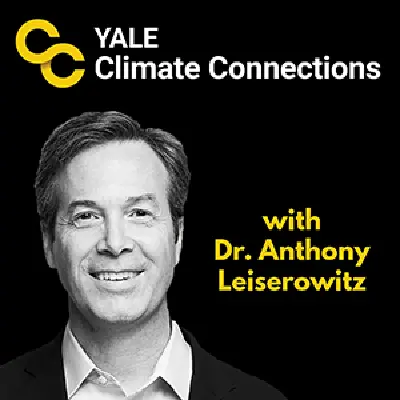
‘The idea is to stop people dying from heat, which is a preventable death.’ Learn more at https://www.yaleclimateconnections.org/
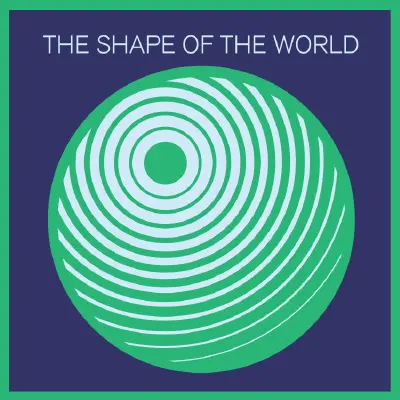
Daniel Holz studies black holes, gravitational waves, and cosmology, all while also running the Existential Risk Laboratory at the University of Chicago.
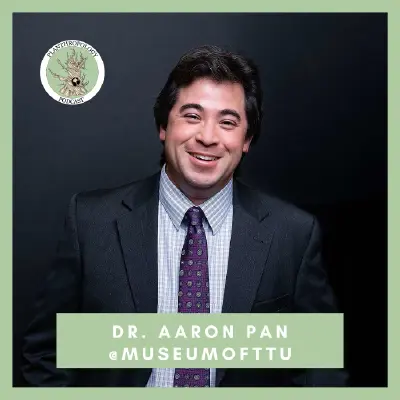
Send us a textJourney through millions of years of plant evolution with paleobotanist Dr. Aaron Pan, who unearths fascinating stories locked within fossilized leaves, fruits, and seeds from Earth's distant past. As Executive Director of the Museum of Texas Tech University, Dr. Pan bridges the worlds of scientific research and public education, sharing how ancient plant remains challenge our understanding of modern ecosystems.Prepare to have your assumptions about plant origins completely upended. Did you know eucalyptus trees – quintessentially Australian icons – likely originated in South America? Or that Africa once had thriving palm forests despite hosting fewer palm species today than tiny Singapore? Dr. Pan's research in Ethiopia reveals evidence of lush, palm-filled landscapes that existed 21-27 million years ago, before continental collisions dramatically reshaped Earth's biodiversity.The conversation explores how paleobotany differs from other paleontological disciplines, with plants presenting unique challenges since their various parts – leaves, flowers, fruits – can be scattered and fossilized separately. We delve into the collision of Africa with Eurasia that introduced zebras, giraffes, and lions to the continent, fundamentally altering both plant and animal communities in ways that continue to influence modern ecosystems.Beyond the science, Dr. Pan offers insights into museum work and the importance of preserving both specimens and knowledge. With 9.5 million items in its collection, the Museum of Texas Tech stands as the 19th largest natural history collection in America. Whether you're fascinated by ancient plants, curious about how continents shape evolution, or simply love museums, this episode invites you to appreciate the incredible depth of time and the long, winding journey of plant life on our planet.Support the showAs always, thanks so much for listening! Subscribe, rate, and review Planthropology on your favorite podcast app. It helps the show keep growing and reaching more people! As a bonus, if you review Planthropology on Apple Podcasts or Podchaser and send me a screenshot of it, I'll send you an awesome sticker pack!Planthropology is written, hosted, and produced by Vikram Baliga. Our theme song is "If You Want to Love Me, Babe, by the talented and award-winning composer, Nick Scout. Midroll tunes are by Rooey. Substack: Office Hours Website: www.planthropologypodcast.com Podchaser: www.podchaser.com/Planthropology Facebook: Planthropology Facebook group: Planthropology's Cool Plant People Instagram: @PlanthropologyPod e-mail: planthropologypod@gmail.com
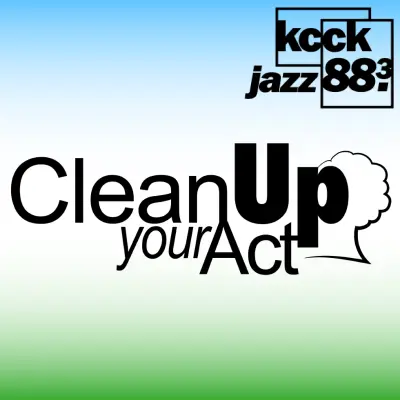
An Iowa music festival introduces a new policy prompted by climate change.
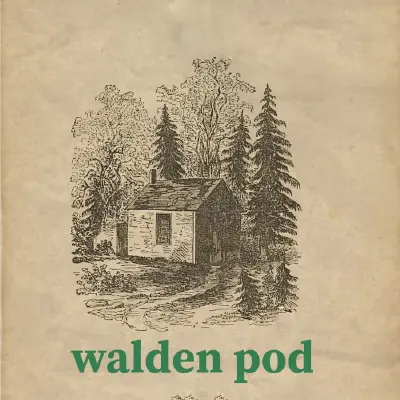
Jul 09, 2025
86 - Is mind-body interaction a problem for dualism? Ralph Stefan Weir vs. Ben Watkins
Walden Pod ❭
Ralph Stefan Weir and Ben Watkins debate whether there is a sound argument from mental causation to materialism. Is the interaction problem for substance dualism fake or fatal?
My interview with Dr. Weir on substance dualism: • You Are A Soul — w/ Ralph Stefan Weir
Dr. Ralph Stefan Weir is the author of The Mind-Body Problem and Metaphysics: An Argument from Consciousness to Mental Substance. He teaches philosophy at the University of Lincoln and is an Associate Member of the Faculty of Theology and Religion at the University of Oxford.
Ben Watkins is the co-host of the excellent philosophy of religion podcast, Real Atheology / @realatheology
Linktree

Jul 08, 2025
Back-to-Back Class IIs with Dr. Matt Burton
Dental Digest Podcast with Dr. Melissa Seibert ❭
Join Elevated GP: www.theelevatedgp.com Follow @dr.melissa_seibert on Instagram Net32: https://www.net32.com/ Founder of Burton Dental Innovations LLC, Matthew Burton, DDS, developed the BurtonBands and VursaWedge matrix system to help dentists achieve more predictable and favorable Class II composite results with improved efficiency and optimal outcomes. Dr. Burton specializes in Class II composite restorations at his private practice in Frankfort, Illinois, and he’s leveraged his insights to develop and market new solutions for dentists who face the same challenges in their own practices.
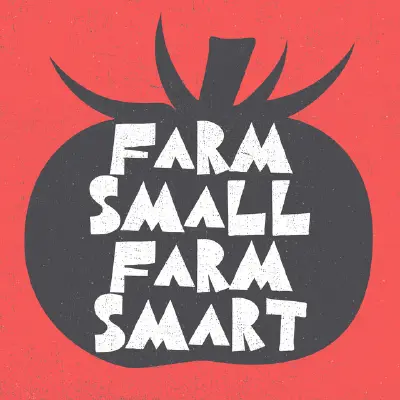
How profitable is baby kale? Very, if you play your cards right. In this video, we talk about the high profit potential of this quick-growing, high-yielding crop and why it rates a 5 out of 5 on the Crop Value Rating System. Subscribe for more content on sustainable farming, market farming tips, and business insights! Get market farming tools, seeds, and supplies at Modern Grower. Follow Modern Grower: Instagram Instagram Listen to other podcasts on the Modern Grower Podcast Network: Carrot Cashflow Farm Small Farm Smart Farm Small Farm Smart Daily The Growing Microgreens Podcast The Urban Farmer Podcast The Rookie Farmer Podcast In Search of Soil Podcast Check out Diego's books: Sell Everything You Grow on Amazon Ready Farmer One on Amazon **** Modern Grower and Diego Footer participate in the Amazon Services LLC. Associates Program, an affiliate advertising program designed to provide a means for sites to earn advertising fees by advertising and linking to Amazon.com.
